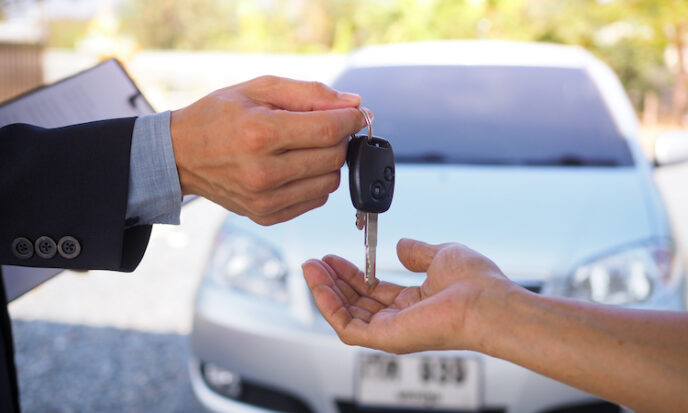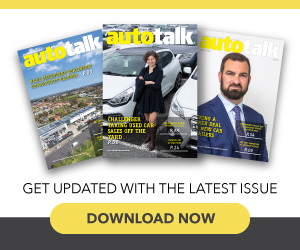
An independent study that highlights the post-COVID- 19 habits of Australians researching and purchasing cars has been released by the Carsales platform, two years on from its last study.
Commissioned by carsales, the study is the latest instalment in consumer research specialists Ipsos’ ‘The Journey to Vehicle Ownership’ studies.
Building on research from 2013, 2017 and 2021, the update highlights post-pandemic buyer behaviour including changes to triggers, potential challenges, budget considerations and the future of online car buying.
“Our last Ipsos study in 2021 was conducted while we were still in the midst of COVID-19, so we were keen to undertake another check to validate the journey length now life has returned to a post-pandemic ‘norm’, and keep up with fast evolving consumer behaviour,” Carsales spokesperson Rafael Constantinou says.
“Purchasing a vehicle continues to be a significant commitment in terms of both time and money for Australians. The range of online resources, myriad of vehicle options, diverse purchasing avenues and aftersales support considerations add layers to the decision-making process. This research reinforces that consumers’ journeys are varied and at times on again and off again.
“The Ipsos study shows Aussie car buyers are spending a median length of 5.7 months researching their vehicles, compared to 7 months in 2021.
“The research also highlights the significant role of car review and comparison sites like carsales play right from the start of the buyer’s journey and how these sites dominate influence throughout – overtaking all other channels,” he says.
Some 76% of respondents indicated they considered finance early on in their journey, with 40% reporting an increase in their car budget and only 7% reporting a decrease – showcasing a level of financial resilience.
Electric Vehicles (EVs) are seen as key to the future of the automotive industry, with the study showing a significant uptick in consumer familiarity.
Post-pandemic, carsales has continued to address the needs of consumers with its dedicated electric car hub, the Watts Under the Bonnet: The Electric Vehicle Podcast and involvement as naming rights partner in the 2023 carsales Melbourne EV Show.
The study shows familiarity with EVs has increased to 70%, with 49% likely to purchase an EV in the future – both up from 61% and 42% respectively in 2021.
And the study shows key considerations across the broader car purchasing journey.
Interestingly, 46% of car buyers pause or reverse progress at some stage of their journey. This is when factors such as financing and availability come to the fore and showcases a profound opportunity for brands to pinpoint their audiences and reinforce direction and confidence.
“Whether it’s researching or buying cars, we see customers through the entire buying journey, giving us a huge depth of data and behavioural signals that map real actions from shoppers researching, buying or selling cars,” Constantinou says.
“This study offers the latest car research and buying habits that brands can adapt to meet current and future needs in four distinct journey stages: landscape, validate, select and ownership – with lots to take away,” he says.
Study highlights:
• The median journey time in 2023 has reduced to 5.7 months, compared to 7 months in 2021
• Familiarity with EVs has increased to 70%, with 49% likely to purchase an EV in the future – both up from 61% and 42% respectively in 2021
• 70% of shoppers believe there is a future where vehicles can be purchased entirely online
• 76% of respondents indicated they considered finance early on in their journey, with 40% reporting an increase in their car budget
• 46% of buyers pause or reverse progress – highlighting opportunities for brands to engage and better inform buyers at various stages of their journeys








